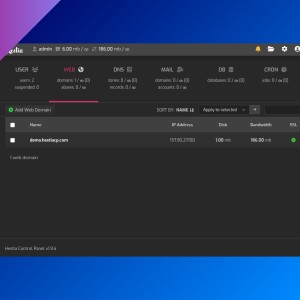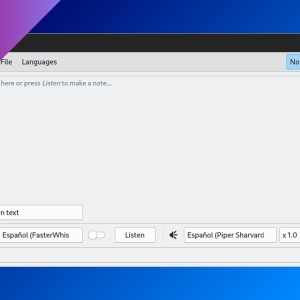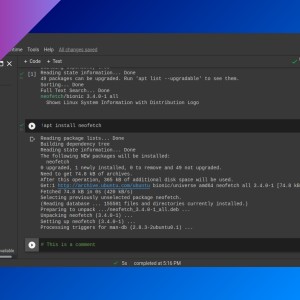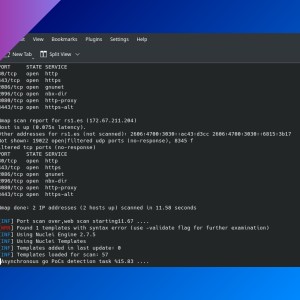grep: how to search/filter a file or command output
Table of Contents
Filter any command output easily using pipes and the ‘grep’ command.
Basic usage
- Search a word in a file. This command will output every line that contains
some_wordinfile.txt.
grep some_word file.txt- Search a word in a command output. You can pipe the output of a command to
grepto look for a word.
$ lsblk | grep sda
sda 8:0 0 465.8G 0 disk
├─sda1 8:1 0 499M 0 part
├─sda2 8:2 0 100M 0 part /boot
├─sda3 8:3 0 16M 0 part
├─sda4 8:4 0 143.4G 0 part
├─sda5 8:5 0 127.3G 0 part /
└─sda6 8:6 0 194.5G 0 part - When using
grepto filterpscommand, you can enclose the first letter of the search term in brackets ([]) to not showgrepcommand itself:
$ ps aux | grep mousepad
ricardo 33107 0.0 0.9 699756 58988 ? Sl abr25 0:00 /usr/bin/mousepad /home/ricardo/Documents/some_file.txt
ricardo 43299 0.0 0.0 9208 2604 pts/1 S+ 17:37 0:00 grep mousepad$ ps aux | grep [m]ousepad
ricardo 33107 0.0 0.9 699756 58988 ? Sl abr25 0:00 /usr/bin/mousepad /home/ricardo/Documents/some_file.txtPatterns
- You can use regular expressions. You need to put single quotes around them (it can work without them in some cases, but it’s recommended to use them).
$ lsblk | grep 'sda[1|2]'
├─sda1 8:1 0 499M 0 part
├─sda2 8:2 0 100M 0 part /boot$ lsblk | grep '/$'
├─sda5 8:5 0 127.3G 0 part /- Searching filenames that contains one word OR another:
$ ls Documents/ | grep 'backup\|manual'
backup-obs
manual-civic.pdf
manual-image-420.jpg
manual-image-462.jpg
manual-image-463.jpg# Same as:
ls Documents/ | grep -e 'backup' -e 'manual'- Searching filenames that contains one word AND another:
$ ls Pictures/ | grep 'png' | grep 'IMG'
IMG_6840.png
IMG_7471.pngls Pictures/ | grep -E 'IMG.*png|png.*IMG'Command options
-v: look for the inverse.-i: ignore case.-c: print the count of matching lines.
$ lsblk | grep -c sda
7-o: print only the match part of a matching line.-R: search recursively.-rdoes not follow symlinks.
grep -R someword posts/*-A <number>: print<number>lines after matching lines.-B <number>: print<number>lines before matching lines.-C <number>: print<number>lines before and after matching lines.
Test with this online terminal:
If you have any suggestion, feel free to contact me via social media or email.
Latest tutorials and articles:
Featured content:











